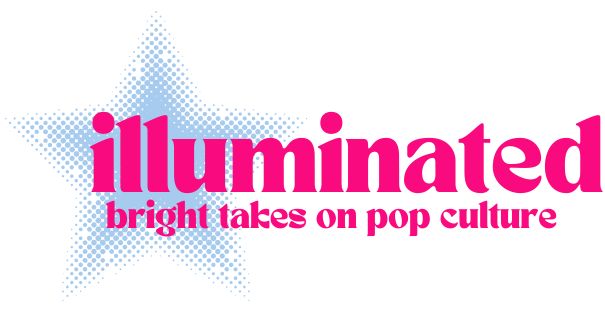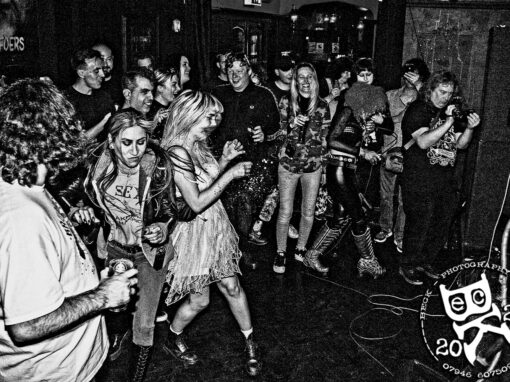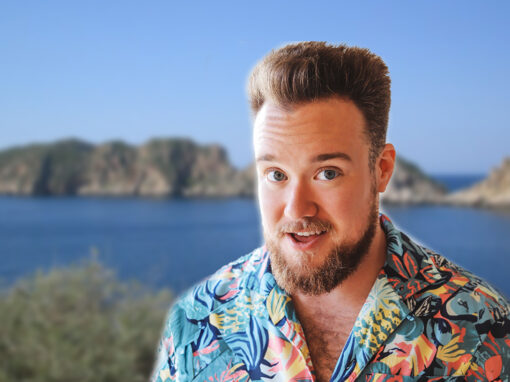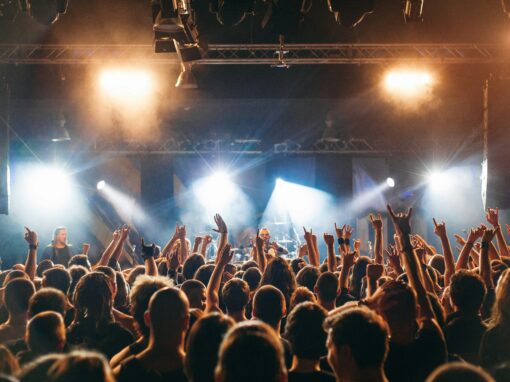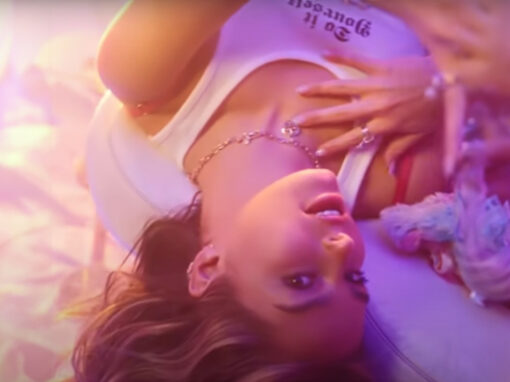In the sprawling reality TV universe, somewhere between Love Island and Too Hot to Handle’s fake celibacy lies Virgin Island, the new show where contestants who have never “done the deed” are encouraged to form connections, find intimacy, and possibly “lose it” on national television.
I spoke with two, ‘self-titled’ virgins to get their take on the show, and what virginity actually means to them. They have both chosen to stay anonymous to protect their privacy.
‘Jessica’ , 24 says:
“For me, it’s never been about shame or religion. It’s just… not happened. I’ve dated, I’ve kissed, I’ve had opportunities. But I’ve also had anxiety and a lot of internalised pressure about what it’s supposed to be like when it finally happens.
I know a lot of people don’t consider it a big deal, but it’s not something that I particularly like to advertise. I am conscious that most of my peers have already ‘done it’ so when it comes to dating I do get nervous that there’s some sort of subtext of sex being expected – but also if that’s the case I know that person is not someone I want to be with! Everyone I’ve told always says the same thing – that it will happen when it’s the right time and right person. I guess there is some truth in that I want to be respected – but sometimes you can’t help but to think: is something wrong with me?”
‘Lucy’, 26, agrees that it often feels like there is an underlying pressure to have sex in the dating scene:
“Whenever I’ve brought up the fact I’m a virgin in the past, it’s always been met with shock or disbelief. To be completely honest it almost offends me, I’m not embarrassed to be waiting for the right person. I know so many of my friends my age lost their virginities when they were teenagers – so pretty much a decade before me – but I never felt the rush. A lot of them have actually confided in me saying they wished they waited a bit longer, or felt less pressured from their partner or even themself. I just think it’s crazy that we care so much about something that, in the grand scheme of things, isn’t all that important!”
So is Virgin Island an accurate representation of virginity?
‘Jessica’:
“ I think it’s hard to say, I do relate to some of the people on the island. Some of them talk about confidence and body struggles which I think resonates with me. I get that you can end up putting yourself off the idea before someone has even expressed interest in you. I like the fact they all have different reasons, and the producers weren’t looking for a ‘cookie-cutter’ participant, like ‘oh she’s a bit socially awkward’ or ‘he has never spoken to a woman before’. I think it’s important to be seen and heard, and not just pointed and laughed at.”
‘Lucy’:
“ The show does tackle some key aspects I think, but it’s also important to remember that some people, outside of the screen, choose to be celibate. Yeah great, these people have applied and clearly want to get to the point of having sex, but in the real world it’s not always the be all and end all of things. Some of them do seem like they are there to do the inner work and take steps to become more confident but others seem to be treating this as an opportunity to just crack on with one of these ‘surrogate partners’ and get it over with. I do think it attempts to show the nuance and variety of reasons behind why people might be a virgin, but at the end of the day it’s reality TV. It’s for entertainment.”
Q: What do you think people assume about virgins, and does the show challenge that at all?
‘Jessica’:
“That we’re weird. Or broken. Or like, socially behind. I think there’s still this idea that if you haven’t had sex by a certain age, there must be something ‘wrong’ with you. Especially with how casual dating is now, it’s like, if you haven’t done it, people assume you’re either super religious, traumatised, or painfully awkward. I think the show tries to challenge that by showing a variety of people, but it still feels a bit curated. Like, they lean into the ‘quirkiness’ of each person in a way that kind of reinforces the stereotype instead of breaking it.”
‘Lucy’:
“Yeah, 100%. There’s definitely this media image of virgins being either desperate or clueless. The show does make an effort to humanise them – like, you do hear people talk about loneliness and real stuff – but it still feels like they’re being shown because they’re virgins, not just as people. It’s like their lack of experience is the main thing that defines them. I think it unintentionally turns virginity into a spectacle, even if the intention is to be sex-positive. Like, I don’t want to be ‘the virgin’ in the room – I just want to be me. And I don’t think the show fully lets its cast exist outside of that label.”
What do you think of the ‘experts’ and ‘surrogate partners’?
‘Jessica’:
“So weird! The episodes I’ve seen a lot of the time I’ve been like ummm…… is this allowed? I was thinking, where is the boundary? These people are supposed to be professionals, and fair enough some of them seem to be quite good with the emotional care, but the physical side? Odd. I just can’t even comprehend how you get into that line of work. So okay, cool, you’re offering to teach and have an intimate relationship with these participants, but it just feels a bit perverted. Watching them grunt and moan and try to make the virgins get involved and feel comfortable is a hard watch. I think you can see within the group as well that some of them find it uncomfortable too – and not just in the inexperienced way.”
‘Lucy’ :
“I genuinely don’t know how ethical it is. To me there’s just a noticeable power dynamic at play. You’ve got these so-called ‘experts’ who are clearly very confident and experienced, and then you have people who’ve never had sex or even been emotionally intimate before. It just feels unbalanced. I get that it’s meant to be helpful, but it sometimes crosses a line, it’s like they’re guiding people into intimacy on a deadline, and that doesn’t sit right with me. Especially when it’s being filmed. It’s hard to know if the participants really feel safe or if they just think they have to say yes because the camera’s on them. It kind of defeats the point of creating a space for vulnerability if that space is being produced like content.”
What could the show have done to improve its representation of virgins?
Jessica:
“Honestly? Less of the weird exercises and more actual conversation. Let people talk about their lives, not just their lack of sex. I’d love to see a version where virginity isn’t this ticking clock or awkward obstacle, but just one part of someone’s identity. Like, show people dating, but with real pacing, not pressure to ‘fix’ anything by the finale. And maybe include more reasons why people are virgins, people who are ace, demisexual, religious, curious, whatever. Give it more nuance. Also maybe… don’t film their first sexual experiences? That part feels exploitative, no matter how sensitively it’s framed.”
Lucy:
“Less intervention, more space. I think if it focused more on connection and self-worth, not just intimacy milestones, it would feel a lot healthier. Maybe show therapy sessions, group chats, real-world dating, rather than all these forced ‘intimacy exercises.’ Let them learn naturally, not theatrically. And also maybe include more people who are choosing to stay virgins or who aren’t even sure they want sex, not everyone’s end goal is to lose it. A version like that could actually change how we talk about virginity, instead of just sensationalising it.”
So what does this all mean?
Virgin Island tries to be radical, a show that pushes past awkwardness, shame, and societal silence around sex. But for many, including those it claims to represent, it lands in murkier territory. Yes, it’s refreshing to see conversations about intimacy, fear, and self-worth take centre stage. But when those conversations are edited for entertainment and shaped by producers, the authenticity starts to feel compromised.
For Jessica and Lucy, the show doesn’t fully break the stigma around virginity, it just packages it differently. It swaps out punchlines for tearful breakthroughs, but still keeps virginity as a spectacle, something to be overcome rather than simply understood.
If we really want to challenge the assumptions around being a virgin in 2025, maybe we don’t need more surrogate coaches or sensual dance classes. Maybe we just need to let people be whole, complex, and unsexualised, even on TV. Virginity isn’t a flaw, a plot arc, or a brand. It’s just one small detail in a much bigger story.
For more stories on TV and Entertainment click here: https://illuminatedmag.co.uk/tv-and-entertainment/
